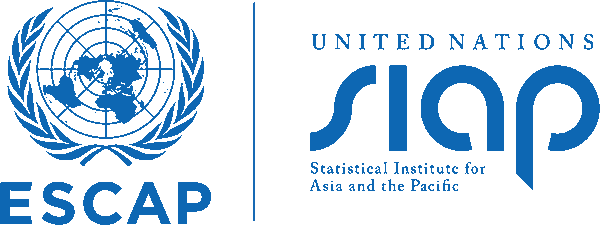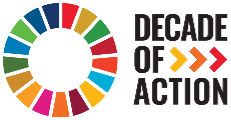
This course will focus on energy statistics and accounts, as well as some important energy aggregates and indicators (including SDGs). The energy accounts are based on the System for Environmental-Economic Accounting-Energy (SEEA-Energy) which is a multi-purpose conceptual framework for organizing energy-related statistics. It supports analysis of the role of energy within the economy, the state of energy inputs and various energy-related transactions of environmental interest.

